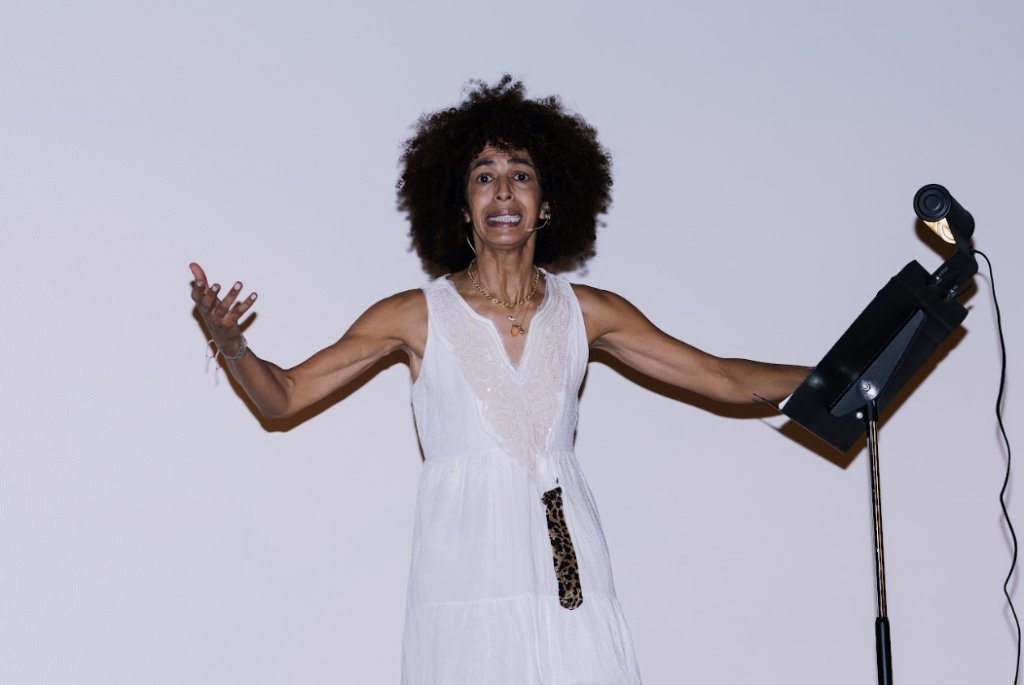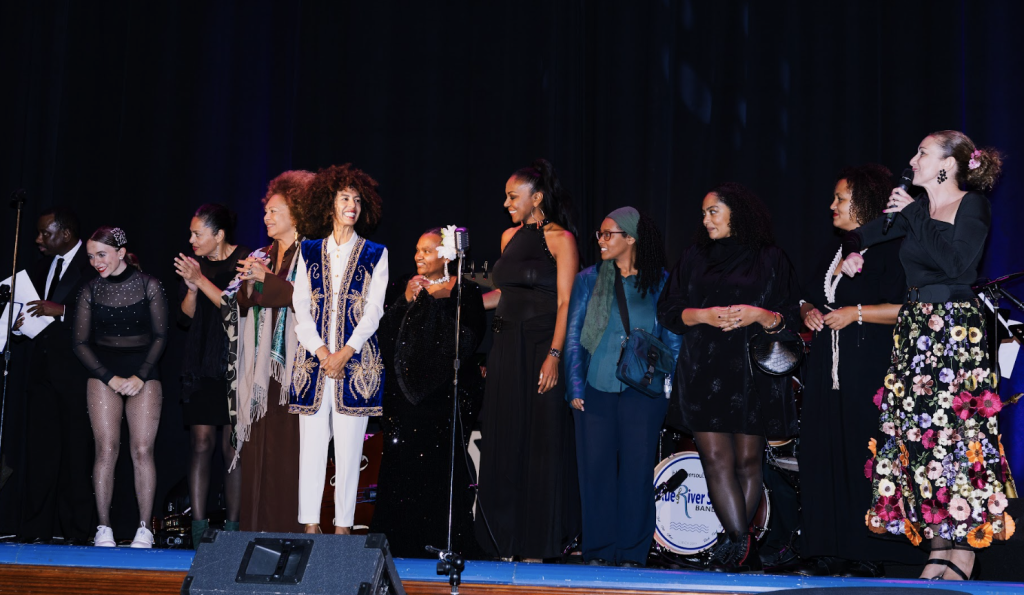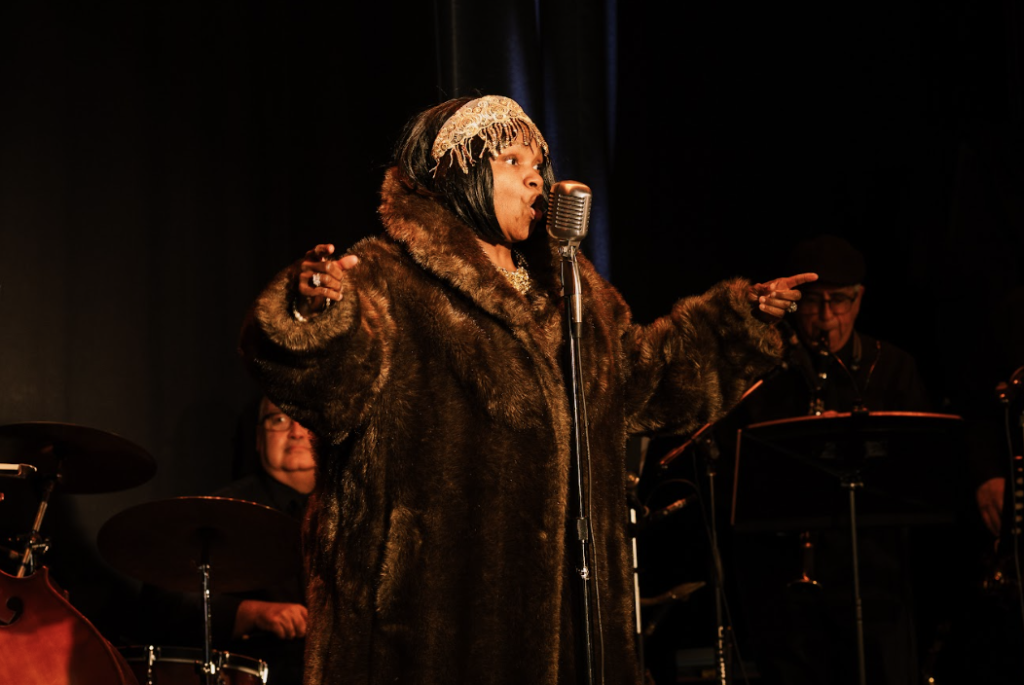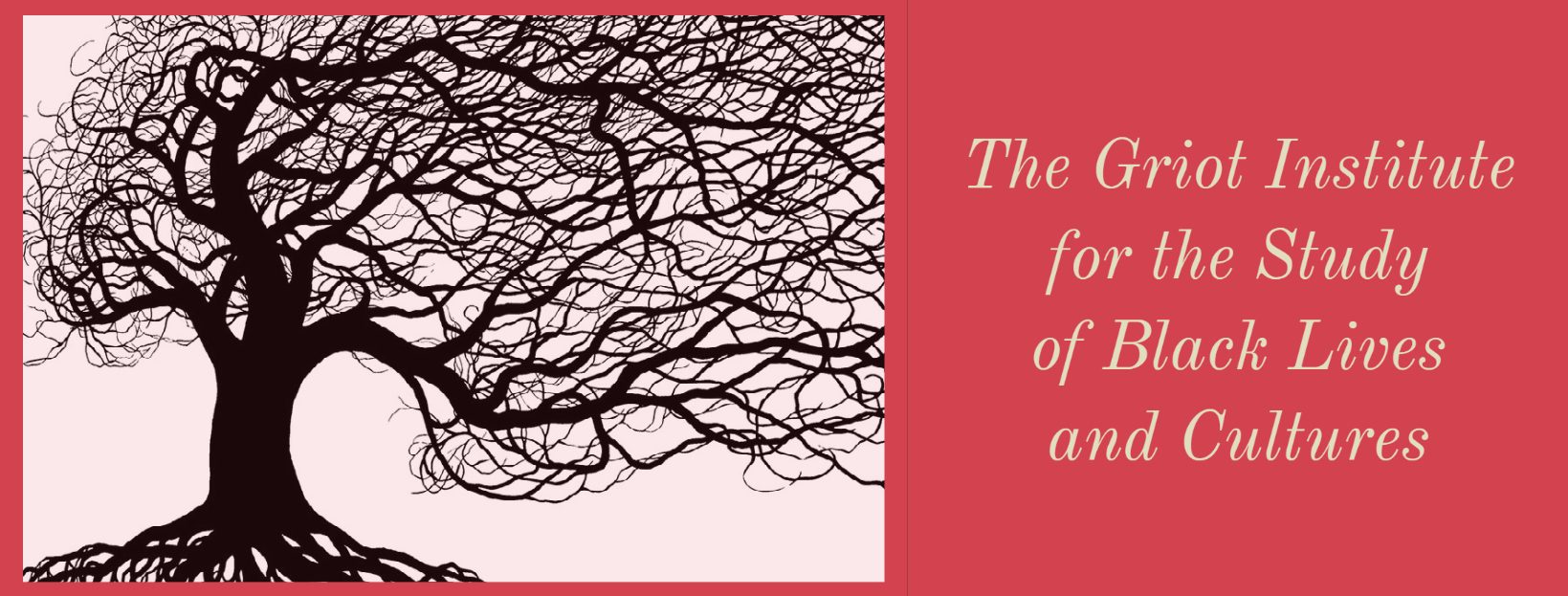
On Thursday, October 24th, I attended the The Right To Be (Seen), Part 3 film screening. Four films were shown: Elia Mouatamid’s Maka, Laila Petrone’s The Power of the Smile, Giuseppe Briganre’s Unknown, and Nadia Kibout’s Veiled Wings. The first film, Maka, was about Genevieve Makaping, a black woman who moved from Cameroon to France and Italy. Makaping discusses the intersectionality of her Italian and African identities. She discusses not feeling accepted and often ‘othered’ in Italy, explaining how black people try to assimilate to whiteness by bleaching their skin so that they can be more socially accepted. She discusses how blackness is seen as less than and the difficulty of dealing with that after coming from Cameroon.
Despite Italy’s otherization of blackness, Makaping embraces her African roots and black identity in Italy, as she does through her career as a news reporter and the clothes she wears. In one moment in the film, she asks the president of Italy about modern-day slavery in Italy and what he plans to do about it. The moderator completely ignored the question and pushed past the question to get to the other journalist. This media suppression is one example of black people being othered and ignored in Italian politics– not truly being represented.

The prominent theme of the Maka film was the facade of integration and equality as presented from the outside, showing how that is not truly substantiated in Italy. Genevieve’s story provides a new perspective on the history of Italy and its presence; despite social hardship, she embraces Italy and her Cameroon roots with pride. The other short films highlighted other intersections of identities, such as being Dominican and Italian.
The other event I went to was a special session panel with filmmaker, photographer, and activist Medhin Paolos alongside writer and activist Marilena Umuhoza. Both panelists discussed the racist ideology that has become normalized in Italy. This racism treats Afro-Italians like characters instead of people.

Paolos takes us through a brief history of how black people have been caricatured, sexualized, and demoralized. Afro-Italians are treated as less than others and must fight to make space for their authentic selves. One of the clips that stood out to me was this commercial for black mascara, the advertisement sexualized black men and reduced them down to caricature. The panelist continued discussing how these attitudes towards Afro-Italians are consistent and always a battle. Both events I attended were insightful, as I never knew how racism presented itself outside of the United States, and the events gave me context.
—Da’Mirah Vinson
